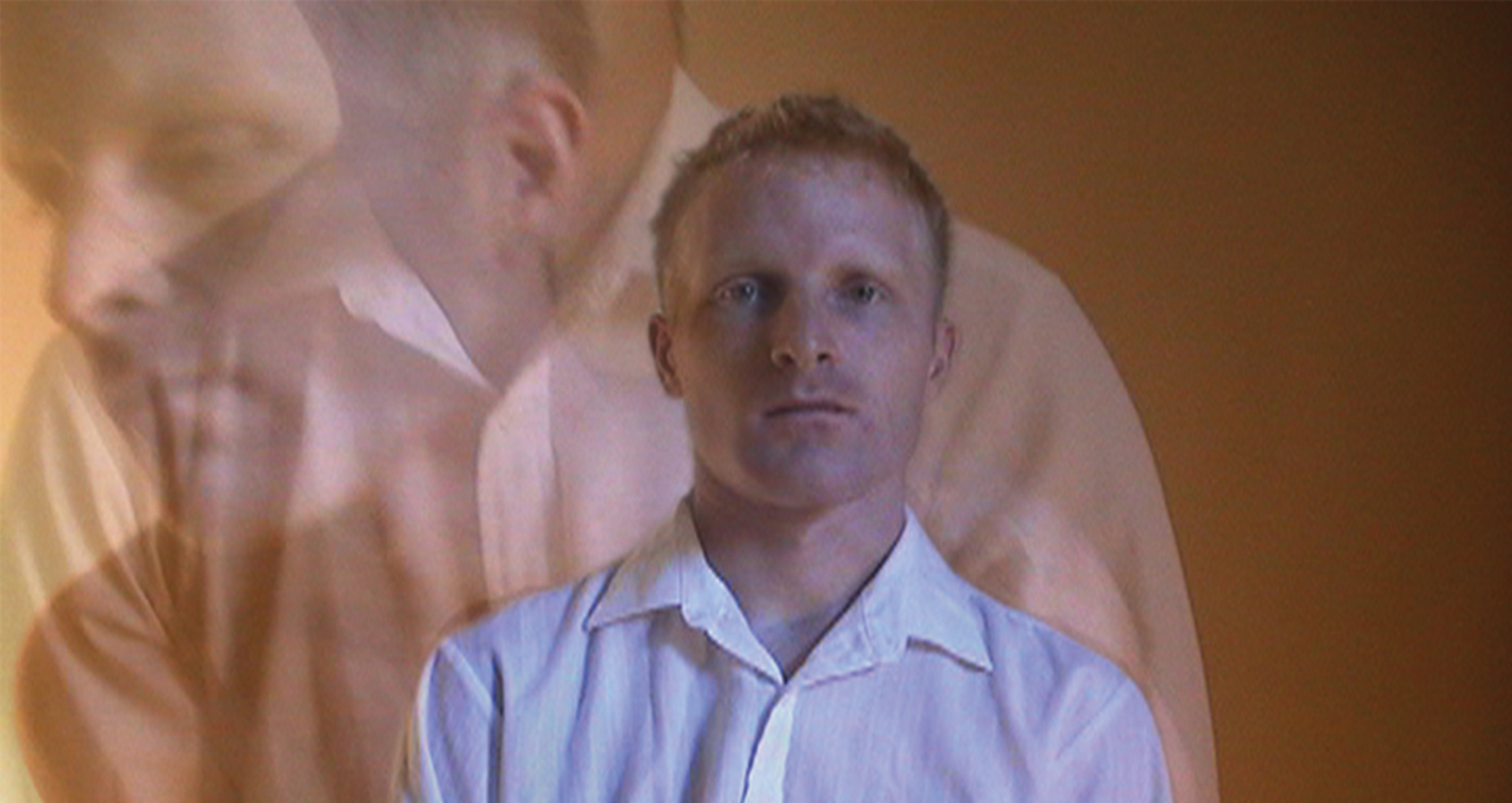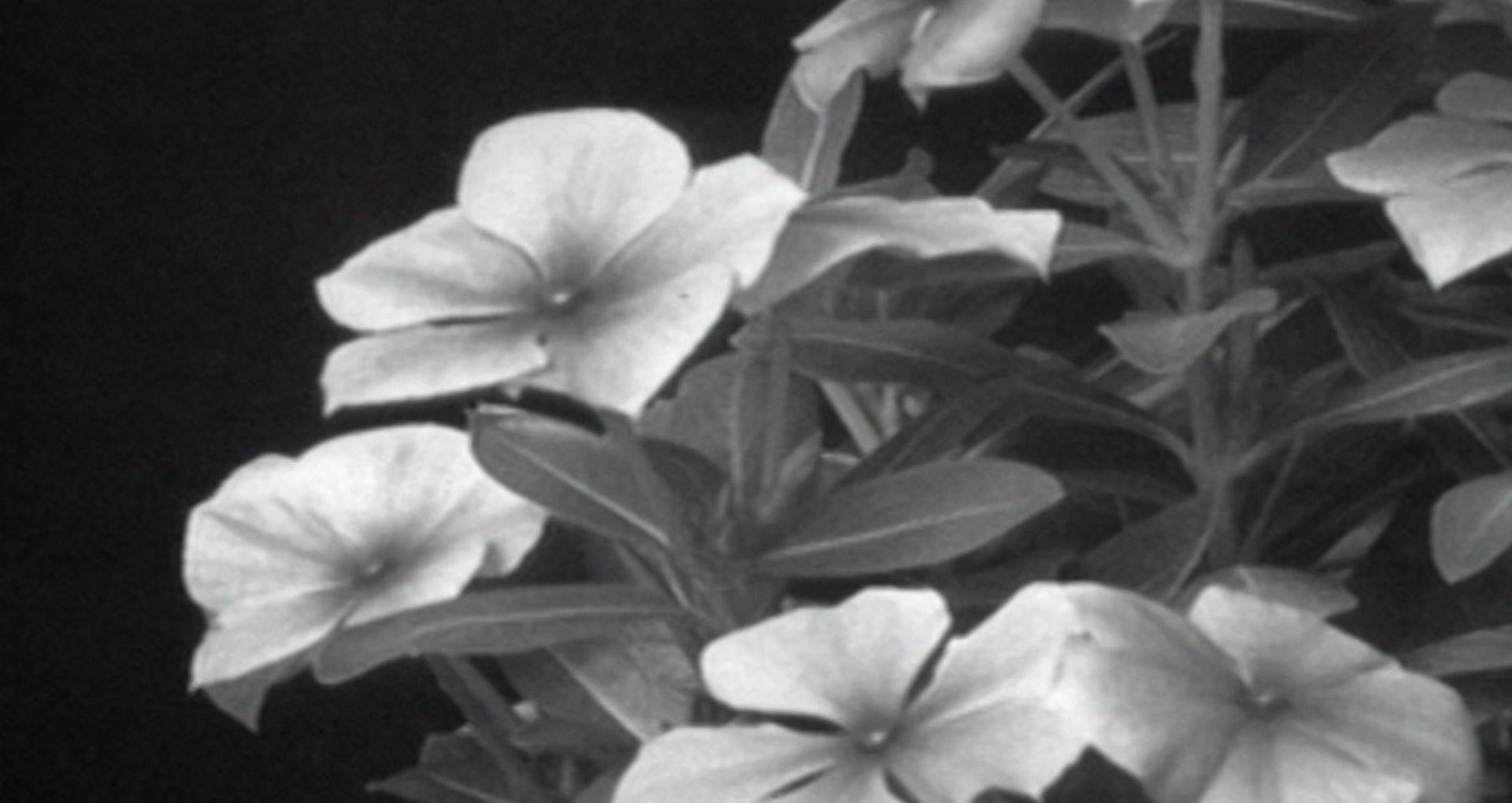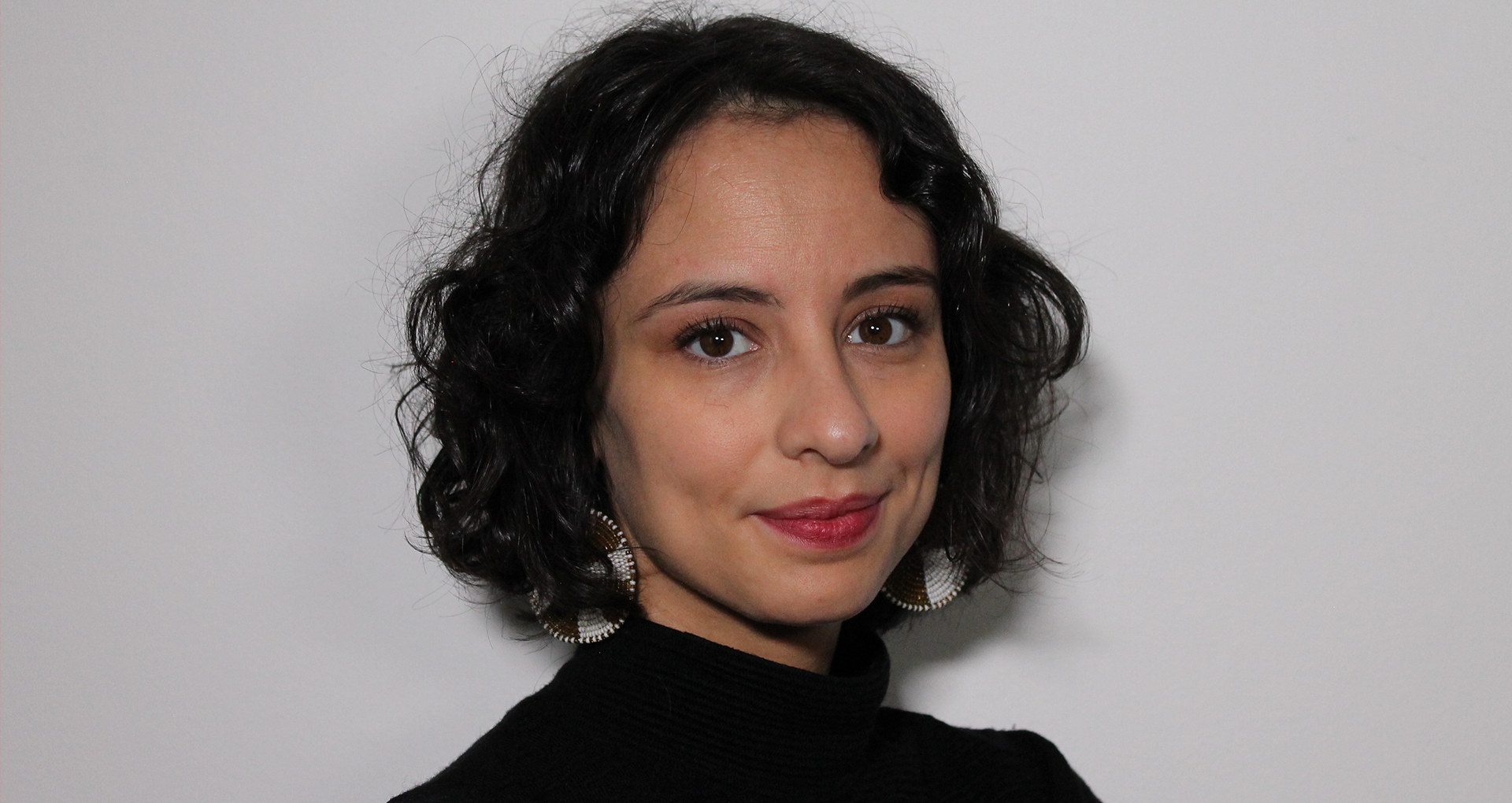
© Owen Eric Wood, Self Portrait, 2004
Lucie Szechter
Sharing One’s Own Face
Screening and discussion
Free
5455, Gaspé av., #109 (RC), Montreal
Free entry. Limited seats.
Priority will be given to those who have made a reservation.
Fifth and last iteration of dv_vd nights for 2017-2018, a fruitful collaboration between Vidéographe and Dazibao, Sharing One’s Own Face is a project by French researcher and artist Lucie Szechter made from Vidéographe’s collection as part of a research and curatorial residency.
Sharing One’s Own Face, considers the issues raised by the face in the practice of filming the self. She uses the term ‘filming the self’ in a broad sense as self-filming occurs as soon as the film-maker is present on screen in his or her own film. During this residency, she will specifically try to answer the question ‘what is it to film oneself as someone else?’ Using a body of videographic works selected from Vidéographe’s collection.
“What is autofilmage (self-filming)?
Literally, auto, from the Greek αὐτὸς, means ‘by oneself’ and filmage, the act of filming. To film oneself. The first device for self-filming that comes to mind is undoubtedly the camera held by a fist turned towards the person who is filming themselves, as when ‘selfie’ videos are shot on a cell phone. This is easily identified when you come across a field of arms holding recording devices. The gesture brings together two functions of the video’s auteur within the actual frame itself: the person being filmed is also the person shooting the video, and vice versa.
What if the auteur of this video – or this film – had positioned their camera on a tripod started recording, and then sat down in front of the lens? And what if the auteur had asked a cameraman to film them? In the context of the definition that interests us here, this would qualify as self-filming, the term being in this case understood in the broad sense: when the filmmaker decides to physically enter into the field of vision of their own film, like Jonathan Caouette (Tarnation…), Vito Acconci (Theme Song…), Sylvie Laliberté (Bonbons Bijoux…), Agnès Varda (The Gleaners and I…), Nanni Moretti (Dear Diary…) and Charlie Chaplin (Modern Times…), or like all of the cameos – those fleeting appearances that cinephiles adore – by Alfred Hitchcock in his own films (Strangers on a Train…). The spectrum of self-filming is very broad – we could spend long winter evenings compiling lists of them. Self-filming is therefore not limited to a cinematographic genre in itself – it is simply one tool among many that the auteur has chosen to use. Nevertheless, all of these appearances – whether they last several seconds or several hours – have this in common: they are never anodyne. They are always an event. To varying degrees, once the viewer recognizes the filmmaker on the screen, the character that they embody in the film inevitably seems to take on a reflexive dimension. In certain cases, self-filming can even be divisive and as irritating as it is moving, as is the case in such works by Xavier Dolan, Alain Cavalier or Maïwenn, for example.
I have put together a program of several films – or significant extracts – in which the auteur steps in front of the camera. In curating this program, I considered the question from the perspective of the work’s reception – the viewers – and its enunciation – the filmmakers – simultaneously. What does it mean to me, as a viewer, to know that the person being filmed is also the person who is making the film? What is the effect, for example, of the filmmaker’s choice not to use an actor to play the role that we see on-screen? And, from the auteur’s perspective, what might their motivations be for choosing to put their own physical presence into their film? I will let you appreciate these works in light of these questions, knowing that there will of course be as many possible answers as there are viewers in the room. Enjoy!”
Lucie Szechter
PROGRAMME (93 min)
Abba Mao, Pascal Lièvre, 2011, 4 min 30 s
L’image de l’Afrique au Québec, Cheikh Tidiane Gadio, 1986, 27 min (extrait 7 min 35 s)
AD INFINITUM., Lydie Jean-dit-Pannel, 2017, 34 min (extrait 6 min 53 s)
Cut the parrot, Donigan Cumming, 1996, 40 min (extrait 6 min 53 s)
You Must Remember This, marshalore, 1978-1979, 26 min
BREAK
Manipuler son corps, Laëtitia Bourget, 1998, 4 min 30 s
Self portrait, Eric Owen Wood, 2004, 2 min 45 s
Headstrong, Chantal duPont, 2000, 30 min (extrait 8 min 11 s)
Got away in the dying moments, Dennis Day et Ian Middleton, 1992, 5 min
Le récit d’A, Esther Valiquette, 1990, 20 min
Biography
Born in Nantes, France in 1987, Lucie Szechter obtained a Master’s Degree in Cinema Studies at the Université de Montréal before enrolling in the research/practice-based doctoral program ‘Art and Sciences’ at the École de Recherche Graphique (Brussels) and the Université de Liège with the national grant FRESH awarded by the FNRS. In 2014, Szechter shot her first short fiction film Plage(s), produced by the Groupe de Recherches et d’Essais Cinématographiques (G.R.E.C). Plage(s) has been selected for numerous festivals, including Côté Court (Pantin) and the Festival International de Films de Femmes (Créteil), and has received the Courts d’ici 2014 prize in Nice from Un festival c’est trop court. The following year, Szechter was invited by LE BAL contemporary art centre in Paris to realise a film project with children as part of their program, La Fabrique du regard. In 2016, she finished her second film, 27 ans, a documentary work combining sound testimonies and found footage. At the end of 2016, she was invited by G.R.E.C., France 2 and the Agence du court métrage to make a one-minute film for a collection paying tribute to Lumière operatives. Szechter is currently shooting her new film, L’Oreille décollée, produced by Aurora films with the support of the Pays de la Loire region and CNC. She also writes about film for Canadian and French magazines. cargocollective.com/lucieszechter







